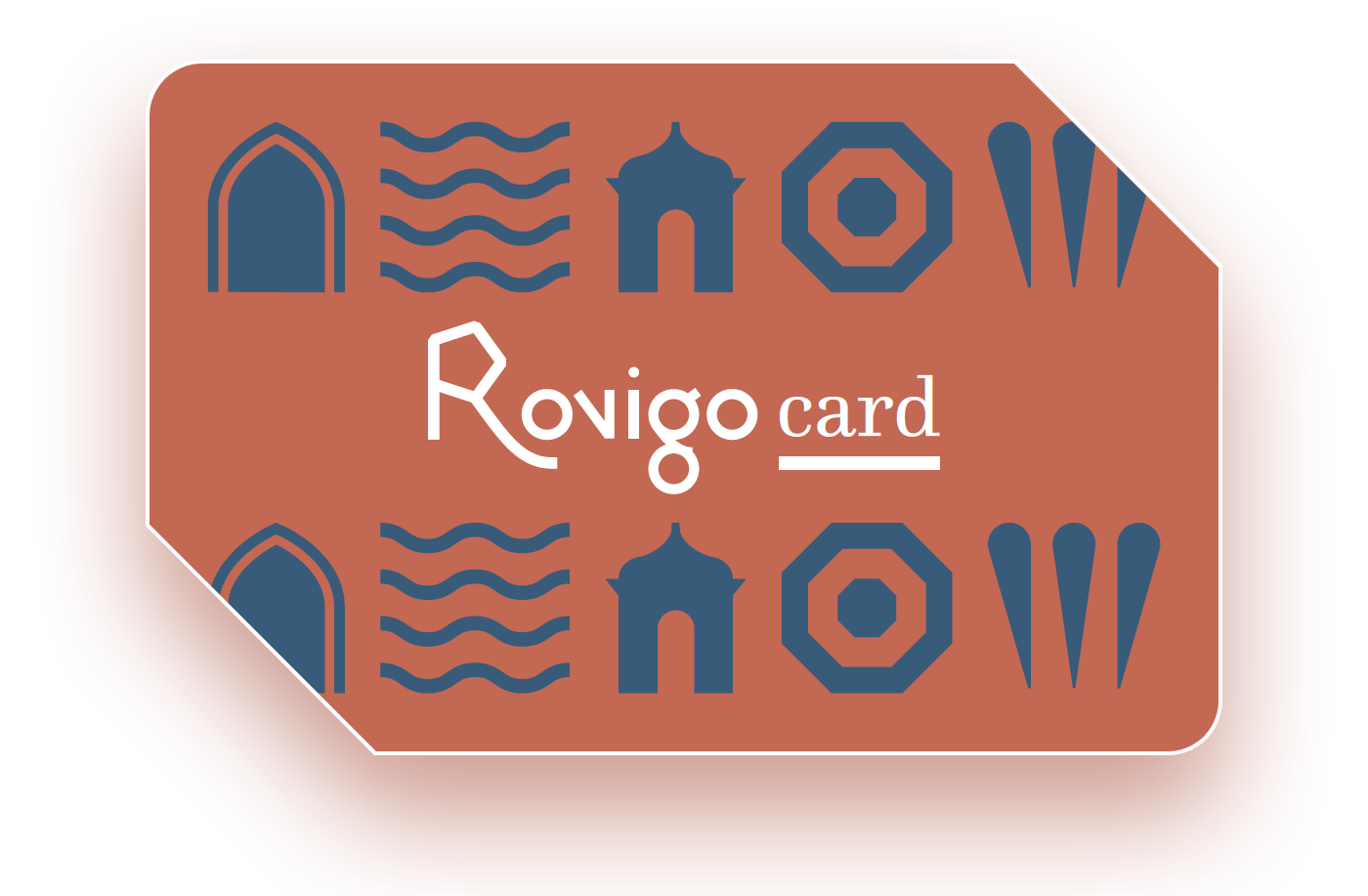Arquà Polesine
History
Arquà Polesine is a town of Roman origin rich in history, whose name stems from an ancient "arcuate" curve of the Roman street on which it stood. This location appears for the first time in the documents referring to the donation of this territory to the Church of Adria, by the feudal lord Marquis Almerico in 938. In 1146 the lord of Ferrara Guglielmo III of the Marchesellas ordered a castle to be built there to defend himself from the Estensis who had a strong interest in conquering the Polesine and Ferrara area. Later on, Arquà came under the rule of the Estensis, who competed for a long time with the Venetians for the domain of this military centre, located in a position of transit considered very important between Ferrara and Venice. In 1482, the Venetians definitively acquired the castle and the territory of Aquà and a peaceful period of great reclamation works began with them. Following the invasion by Napoleon, Aquà was deprived of the goods of convents and religious congregations.
Since 1815, under the Austrian domain, a hard period began during which natural disasters worsened the conditions of the population. The rebirth of the town occurred after the last conflict, when the recovery gradually began. Don’t miss the Castle, the only survivor of the numerous fortresses along the river Canalbianco; the chiesa Parrocchiale S. Andrea (parish Church of Sant'Andrea), inside which you can admire the valuable marble altars and canvases; the Oratorio di Sant Antionio (Oratory of Sant'Antonio), which already existed in the 16th century; the Estensis’ Hunting Lodge and the 18th century building complex of Ca' Marchese, in Granze.
Since 1815, under the Austrian domain, a hard period began during which natural disasters worsened the conditions of the population. The rebirth of the town occurred after the last conflict, when the recovery gradually began. Don’t miss the Castle, the only survivor of the numerous fortresses along the river Canalbianco; the chiesa Parrocchiale S. Andrea (parish Church of Sant'Andrea), inside which you can admire the valuable marble altars and canvases; the Oratorio di Sant Antionio (Oratory of Sant'Antonio), which already existed in the 16th century; the Estensis’ Hunting Lodge and the 18th century building complex of Ca' Marchese, in Granze.
The associations APS Musici, Sbandieratori Arquatesi and Ente Palio de Arquata have been organising for over thirty years the Palio dei Ochi.
The event includes performances by musicians, flag-wavers, dancing muses, fire-breathers, jesters and battles. The four ancient contradas compete in ancient games, until the final Corsa dei Ochi, which decrees the winner of the Palio. In the inns inside the Castle it is usually possible to taste many delicacies and take part in the Dinner with the Countess, a true gastronomic journey back in time, with historical dishes and antique tableware, served in historical clothing and introduced by the ritual of the washing in rose water, among the most suggestive and exclusive performances.
The event includes performances by musicians, flag-wavers, dancing muses, fire-breathers, jesters and battles. The four ancient contradas compete in ancient games, until the final Corsa dei Ochi, which decrees the winner of the Palio. In the inns inside the Castle it is usually possible to taste many delicacies and take part in the Dinner with the Countess, a true gastronomic journey back in time, with historical dishes and antique tableware, served in historical clothing and introduced by the ritual of the washing in rose water, among the most suggestive and exclusive performances.

